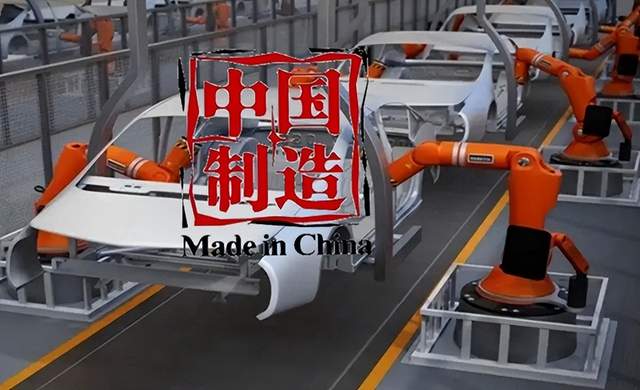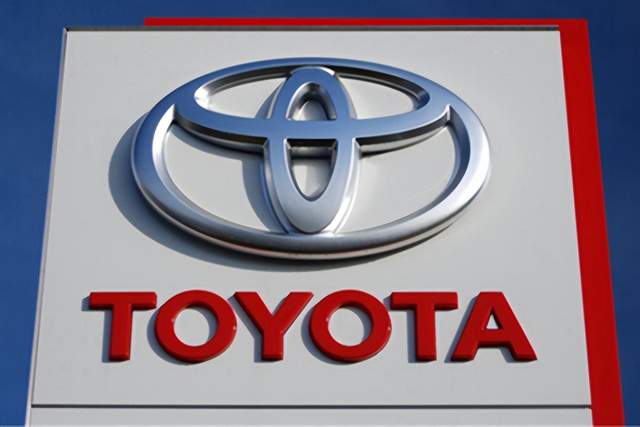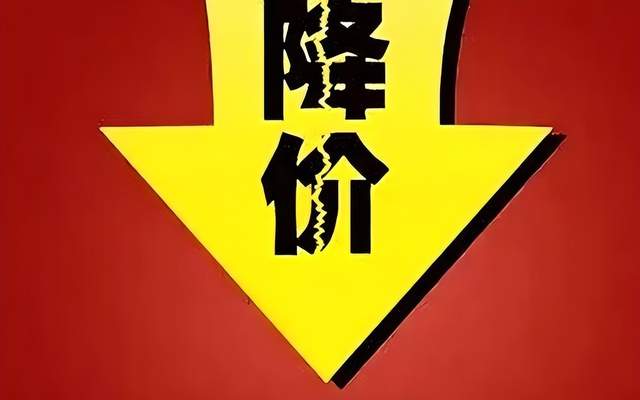Toyota Slashes Electric Vehicle Prices by Half in a Bold Move to Reclaim Market Share in China's EV Sector!
![]() 01/23 2025
01/23 2025
![]() 551
551
Media reports reveal that at the dawn of 2025, Toyota dealerships embarked on an aggressive pricing strategy for electric vehicles, with the BZ3 model priced at just 90,000 yuan, approximately half of its original price range spanning from 169,800 to 199,800 yuan. This bold move is likely aimed at capitalizing on Toyota's recent gains in China's electric vehicle market and exerting further pressure on domestic Chinese EV manufacturers.

2024 marked a triumphant year for China's electric vehicle industry, as the rise of new energy vehicles swiftly overshadowed foreign competitors. It is reported that in 2024, the market share of foreign cars in China plummeted to approximately 30%. However, just as the Chinese automotive sector was celebrating, the market dynamics abruptly shifted towards the end of 2024.
Data from the final two months of 2024 indicates that the market share of new energy vehicles in the new car market swiftly retreated, from nearly 60% to 42% in the penultimate week of 2024, and further dipped below 40% to 39% in the second week of this year.
This retreat of new energy vehicles in the automotive market has disproportionately impacted domestic cars, as all but Tesla among the top ten new energy vehicle manufacturers are Chinese. Domestic automakers had leveraged the growth of new energy vehicles to outpace foreign competitors, reducing their market share from over 50% to 30%.

The setbacks encountered by domestic cars in the new energy vehicle market have rekindled hope for foreign automakers, potentially prompting them to launch a counteroffensive in the Chinese market. Toyota's drastic price reduction for electric vehicles stands as a clear countermeasure, which may not bode well for domestic manufacturers and signals that this year's price war in the domestic auto market will only intensify.
Toyota's performance in 2024 was mixed, with declining sales in the Chinese market but growth in international markets. Data highlights that Toyota flourished in Germany, Europe's largest market, with sales doubling in November 2024. Similarly, it experienced growth in the US market, with sales increasing by 14% in the first half of 2024.
Toyota's success in international markets is largely attributed to its fuel-efficient hybrid technology, which is more favorably received by European and American consumers. Conversely, the acceptance of electric vehicles in these markets is waning. Electric vehicle sales in the German market have declined, and the penetration rate of electric vehicles in Germany is lower than that of Japan's fuel-efficient hybrids, which command over 30% of the market.

Apart from Toyota, BBA has also achieved notable success in countering the Chinese market, with BMW particularly standing out. In July 2024, BMW temporarily halted its price war and significantly hiked car prices, but the market swiftly corrected this move, with weekly sales plummeting to just over 7,000 units. BMW swiftly resumed its price war in September 2024, and sales rapidly rebounded, with weekly sales exceeding 20,000 units in the final two months of 2024. This resurgence helped BMW maintain its position as the leader in China's luxury car market.
The accomplishments of BMW and Toyota in the Chinese market underscore that by willing to reduce prices, they can stabilize and even reclaim market share. Toyota's drastic price reduction for electric vehicles is likely a precursor to further price cuts in the Chinese market this year. In fact, half-price reductions for Toyota's fuel vehicles were common in 2024, and now both electric and fuel vehicles are being offered at discounted rates, emphasizing Toyota's resolve to solidify its position in the Chinese market.
The confidence of these foreign automakers in stabilizing the market through intensified price wars in China stems from their robust performance in international markets. Many foreign auto companies have witnessed declines in the Chinese market but experienced growth abroad, generating substantial profits. Their aggressive pricing strategies in China have a limited impact on their overall financial performance.

In contrast, Chinese new energy vehicle companies, despite their aggressive stance, are still in the nascent stages of overseas expansion with negligible sales. Furthermore, data suggests that only a handful of these new car companies are profitable, with the majority incurring losses. Additional price wars could render these companies unsustainable. Several new car companies already found themselves in precarious positions in 2024, bolstering the confidence and determination of foreign automakers to initiate price wars in China.








